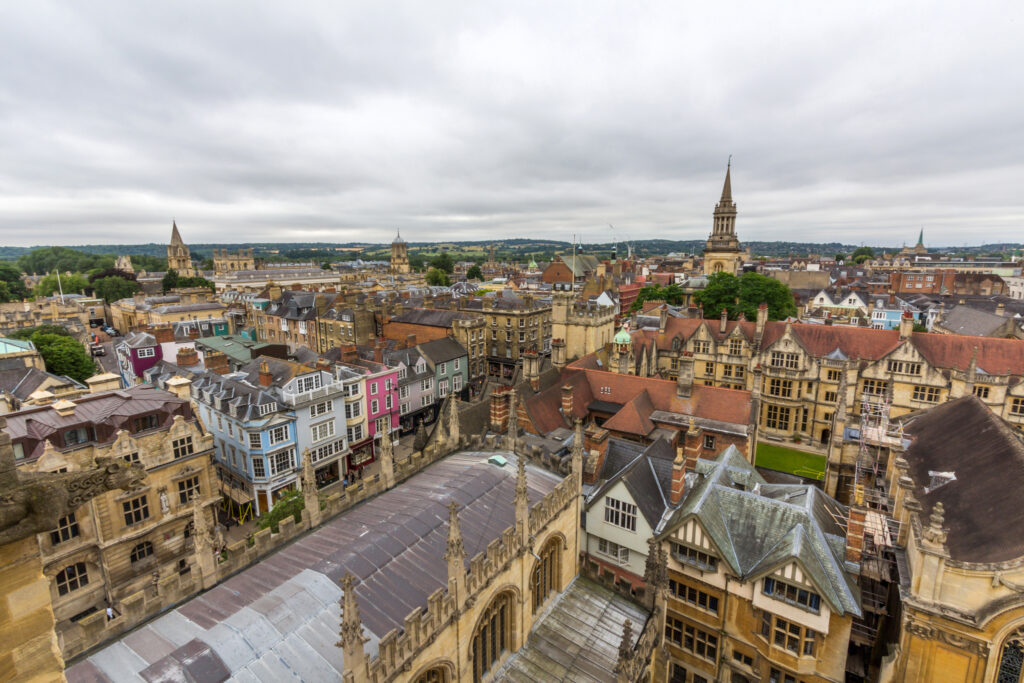Scottish and Southern Electricity Networks (SSEN) is launching the Near Real-time Data Access (NeRDA) tool as it looks to support a cost-effective net zero transition.
The near real-time data identifies areas where flexibility could be used to support the uptake of low carbon technologies such as electric vehicles (EVs) or heat pumps, or where network reinforcement will be needed.
NeRDA is to be trialled in Oxfordshire, where around 100 low voltage monitors were installed earlier this year as part of Project Local Energy Oxfordshire (LEO).
First announced in April 2019, Project LEO was hailed as the “most wide-ranging and holistic” smart grid trial in the UK. It moved onto its second phase in May 2020, before being granted a nine-month extension by UK Research and Innovation (UKRI) last month as it looked to begin flexibility market trials.
NeRDA is to provide stakeholders and participants in Project LEO’s upcoming trials with near real-time access to data, with this helping to inform local plans, products and services in the region.
Colin Mathieson, DSO and innovation delivery manager at SSEN said that data sharing will play a “crucial role” in achieving net zero, with SSEN having made NeRDA data publicly available.
“As we decarbonise heat and transport and move towards low carbon technologies, knowing current demand on the electricity network will help in identifying new opportunities for low carbon technologies, flexibility, and reinforcement.”
NeDRA is a an 18-month Network Innovation Allowance project which was awarded £447,035 in funding.
It comes alongside other recent measures by the distribution network operators (DNOs) to open up, simplify and standardise their data and practices, including the Energy Networks Association launching an Energy Data Request Tool.
In 2020, Ofgem began requiring all DNOs to create a standardised register for distributed energy resources, while four DNOs merged their flexibility requirements into one portal in the same year, with Electricity North West joining in 2021.






